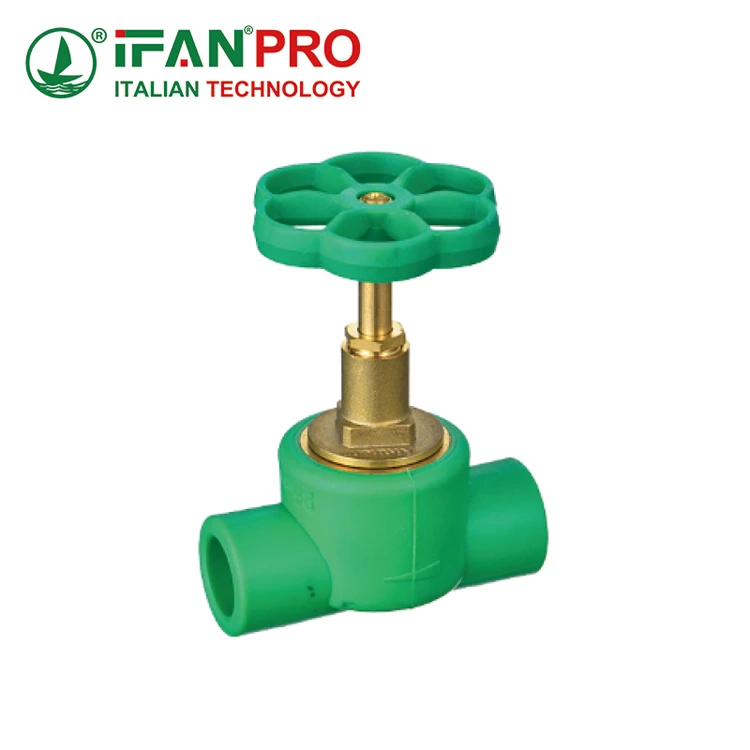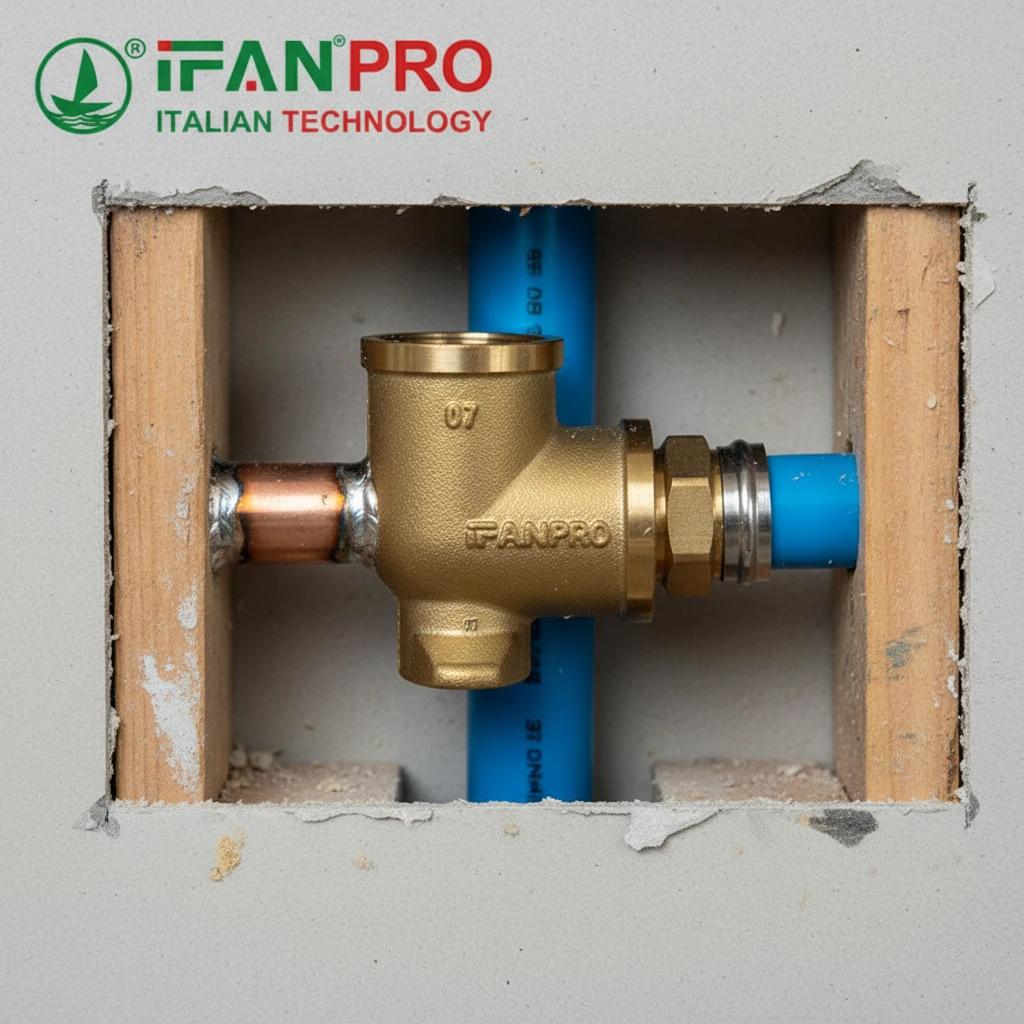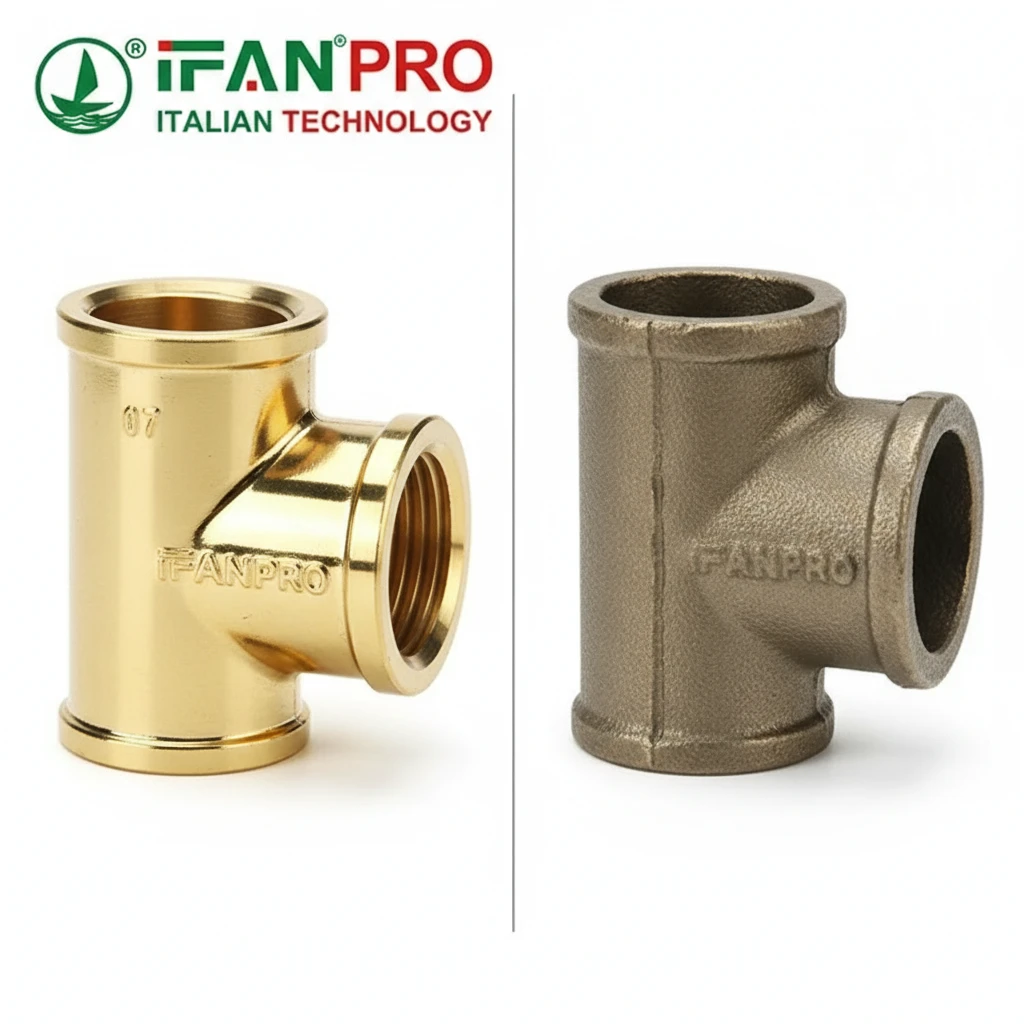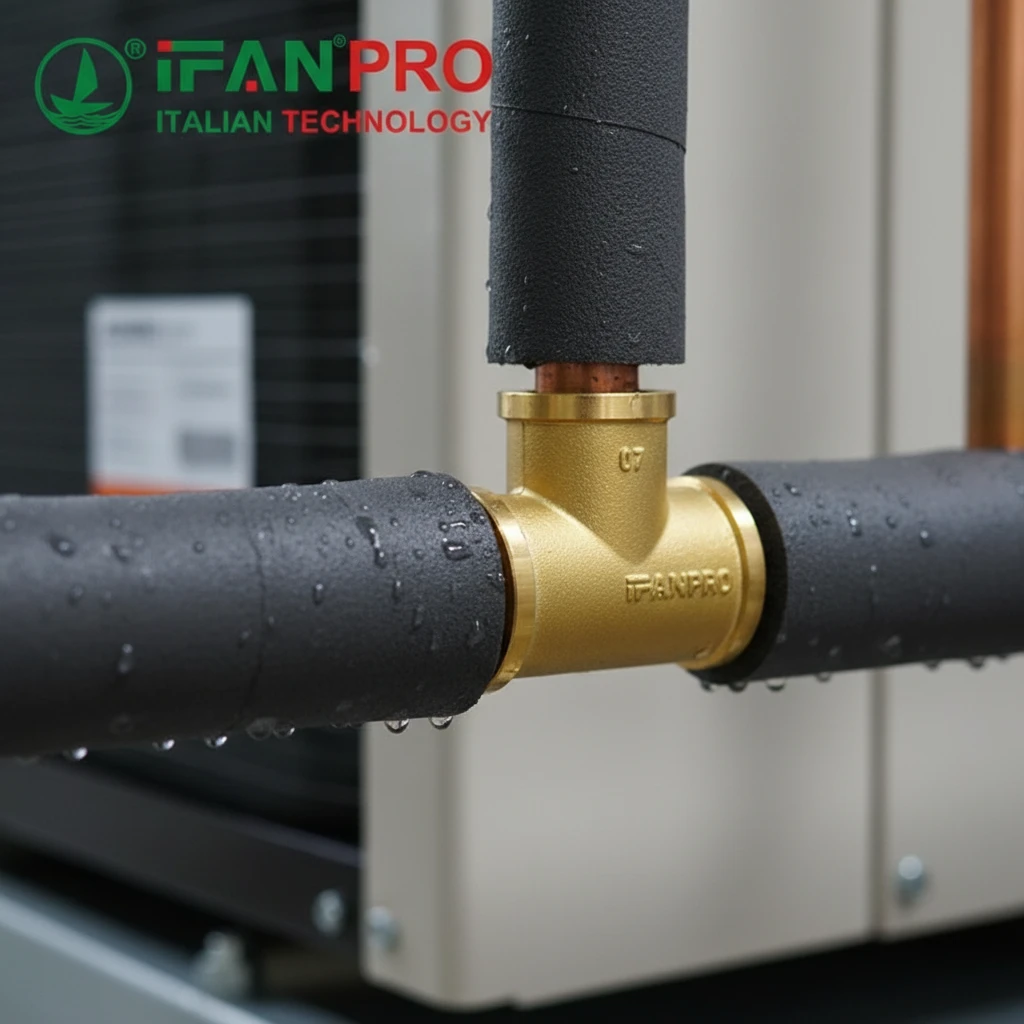When it comes to flow control in pipeline systems, gate valves are one of the most reliable and widely used options. Whether you’re working on a water supply system, industrial pipeline, or HVAC installation, choosing the right type of gate valve is critical to the safety, performance, and longevity of your project.
In this guide, we’ll walk you through the key factors to consider when selecting a gate valve—and explain why sourcing from a trusted manufacturer like ifanpro can make all the difference.
🚪 What Is a Gate Valve?
A gate valve is a mechanical device used to completely stop or allow the flow of liquid or gas through a pipeline. It operates using a wedge-shaped gate or disc that moves up and down inside the valve body.
Gate valves are typically used in:
- Municipal water supply systems
- Oil and gas pipelines
- HVAC systems
- Fire protection systems
- Industrial fluid control
🧰 1. Consider the Application
Before choosing a gate valve, ask:
What medium will it control?
- Water – Most standard gate valves (brass, bronze, or ductile iron) will work.
- Steam or High Temperature Fluids – Choose metal-seated or stainless steel valves.
- Corrosive Chemicals – Use corrosion-resistant materials like stainless steel or plastic-lined valves.
✅ Pro Tip: For clean water distribution, ifanpro’s brass gate valves are a cost-effective, long-lasting solution.
⚙️ 2. Choose the Right Material
Common gate valve body materials include:
| Material | Ideal For | Features |
|---|---|---|
| Brass | Water, air, light oils | Affordable, corrosion-resistant |
| Cast Iron | Water, steam | Durable, high pressure tolerance |
| Stainless Steel | Chemicals, high temps | High corrosion & heat resistance |
| PVC / CPVC | Corrosive fluids | Lightweight, non-metallic |
Always match the valve body and disc material with your medium and pressure requirements.
📏 3. Size and Pressure Rating
Ensure the gate valve:
- Matches your pipe diameter (DN15–DN300+)
- Can handle the system pressure (PN10, PN16, PN25, etc.)
ifanpro offers customizable gate valve solutions to match your specific project specs and international standards (DIN, ANSI, BS).

🧪 4. Seat Type: Metal vs. Soft Seat
- Metal-Seated Gate Valves: Ideal for high temperature and abrasive media
- Soft-Seated (Rubber/EPDM): Better sealing, lower torque, ideal for water and low-pressure applications
Choose based on your media type, required tightness, and flow conditions.
🧲 5. Stem Type: Rising vs. Non-Rising
| Stem Type | Description | Best For |
|---|---|---|
| Rising Stem | Stem moves up when valve opens | Easy position indication |
| Non-Rising Stem | Stem stays in place | Space-limited installations (underground) |
✅ If you’re working on underground or buried installations, go for non-rising stem valves to save space.
🛒 6. Sourcing from a Trusted Manufacturer
If you’re buying in bulk or need custom gate valve solutions, it’s important to choose a manufacturer that provides:
- Certified materials (ISO, DIN, CE)
- OEM/ODM services
- Timely delivery & global shipping
- Competitive pricing
ifanpro is a trusted gate valve factory from China, supplying:
- Brass, stainless steel, and iron gate valves
- DIN/ISO compliant products
- Customized services for your market needs
🔍 Summary Checklist
Before placing your order, confirm:
✅ Application and media compatibility
✅ Valve material and seat type
✅ Size and pressure rating
✅ Stem configuration
✅ Installation location (above ground or buried)
✅ Compliance with local standards
✅ Conclusion
Choosing the right gate valve involves more than just size and price. It’s about selecting the proper material, configuration, and quality level to meet your project’s requirements safely and efficiently.
At ifanpro, we’re proud to provide high-quality gate valves and piping solutions tailored for contractors, distributors, and project engineers worldwide. Explore our full product catalog at ifanpro.com or contact us for your next custom order.













Recent Comments